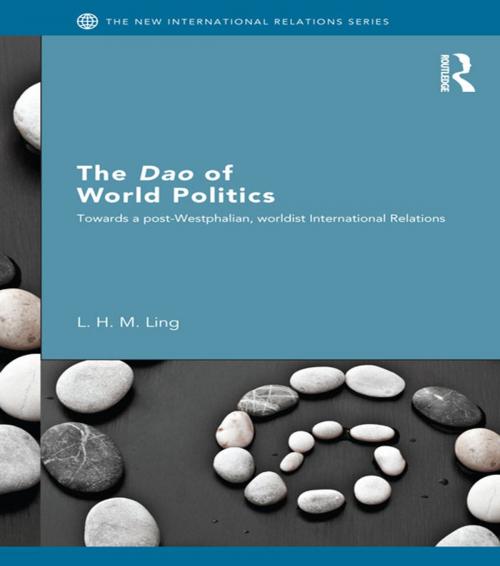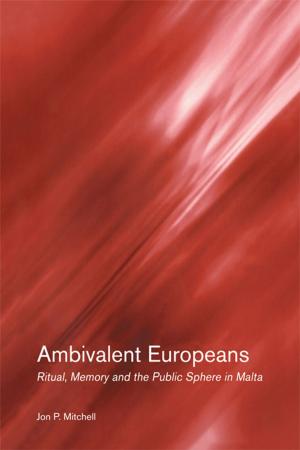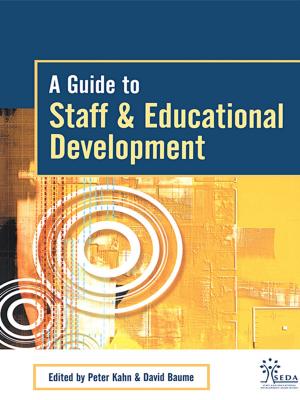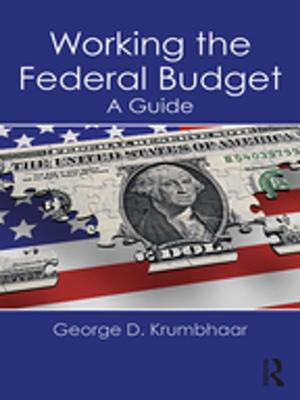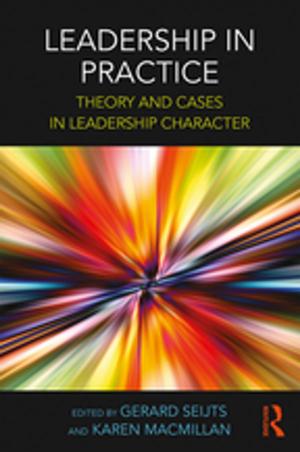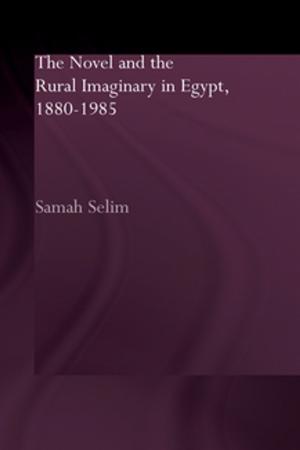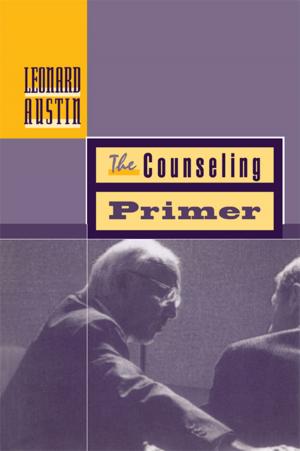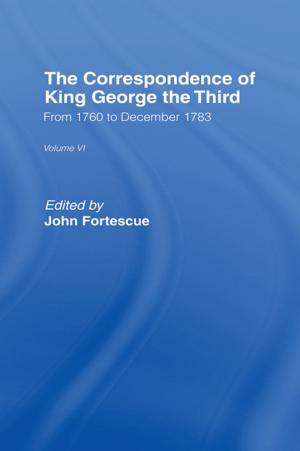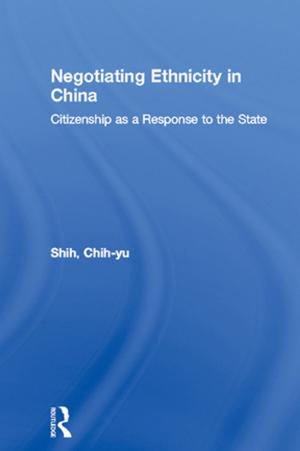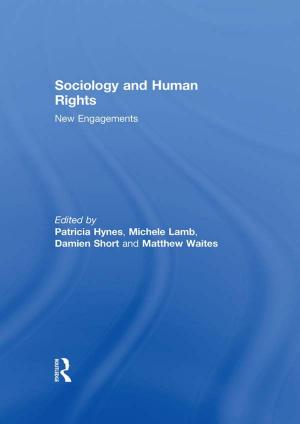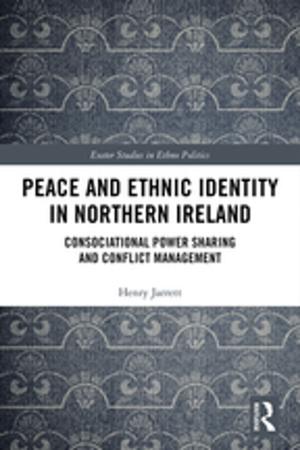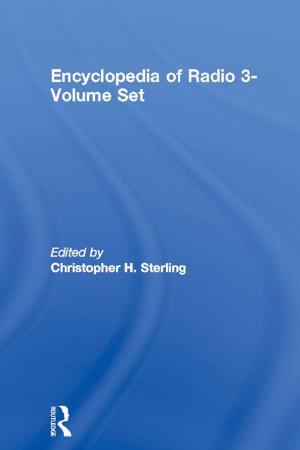The Dao of World Politics
Towards a Post-Westphalian, Worldist International Relations
Nonfiction, Social & Cultural Studies, Political Science| Author: | L. H. M. Ling | ISBN: | 9781134526987 |
| Publisher: | Taylor and Francis | Publication: | October 30, 2013 |
| Imprint: | Routledge | Language: | English |
| Author: | L. H. M. Ling |
| ISBN: | 9781134526987 |
| Publisher: | Taylor and Francis |
| Publication: | October 30, 2013 |
| Imprint: | Routledge |
| Language: | English |
This book draws on Daoist yin/yang dialectics to move world politics from the current stasis of hegemony, hierarchy, and violence to a more balanced engagement with parity, fluidity, and ethics.
The author theorizes that we may develop a richer, more representative approach towards sustainable and democratic governance by offering a non-Western alternative to hegemonic debates in IR. The book presents the story of world politics by integrating folk tales and popular culture with policy analysis. It does not exclude current models of liberal internationalism but rather brackets them for another day, another purpose. The deconstruction of IR as a singular unifying school of thought through the lens of a non-Westphalian analytic shows a unique perspective on the forces that drive and shape world politics. This book suggests new ways to articulate and act so that global politics is more inclusive and less coercive. Only then, the book claims, could IR realize what the dao has always stood for: a world of compassion and care.
The Dao of World Politics bridges the humanities and social sciences, and will be of interest to scholars and students of the global/international, as well as policymakers and activists of the local/domestic.
This book draws on Daoist yin/yang dialectics to move world politics from the current stasis of hegemony, hierarchy, and violence to a more balanced engagement with parity, fluidity, and ethics.
The author theorizes that we may develop a richer, more representative approach towards sustainable and democratic governance by offering a non-Western alternative to hegemonic debates in IR. The book presents the story of world politics by integrating folk tales and popular culture with policy analysis. It does not exclude current models of liberal internationalism but rather brackets them for another day, another purpose. The deconstruction of IR as a singular unifying school of thought through the lens of a non-Westphalian analytic shows a unique perspective on the forces that drive and shape world politics. This book suggests new ways to articulate and act so that global politics is more inclusive and less coercive. Only then, the book claims, could IR realize what the dao has always stood for: a world of compassion and care.
The Dao of World Politics bridges the humanities and social sciences, and will be of interest to scholars and students of the global/international, as well as policymakers and activists of the local/domestic.
